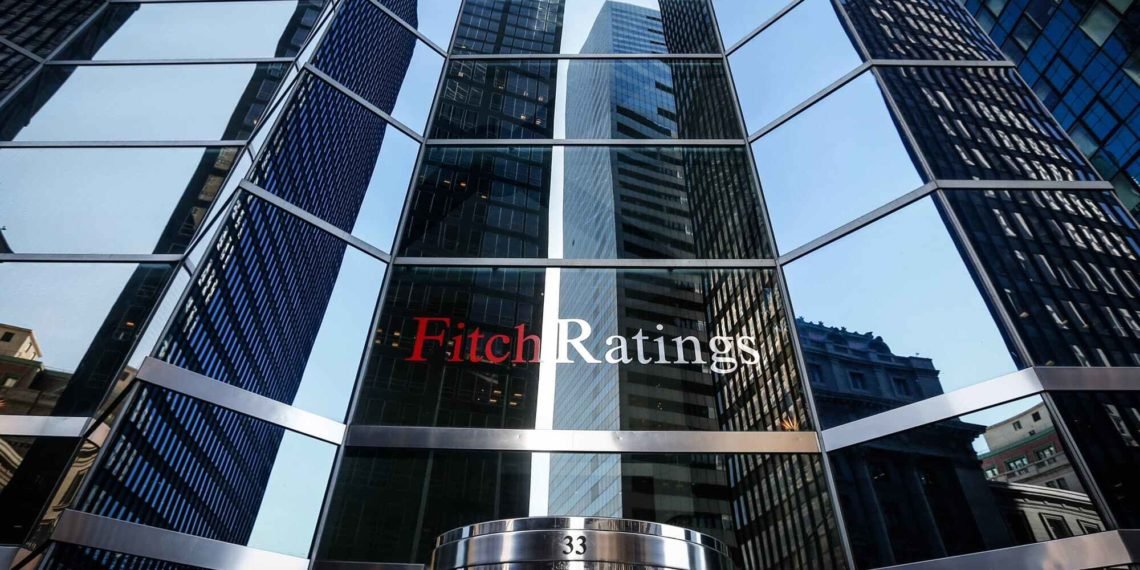Ghana and some six sub-Sahara African countries have been identified as those in the region whose rating outlook- credit worthiness for 2021 continue to remain negative, although, GDP growth of most of the countries are fairly positive.
According to an assessment by Fitch ratings agency, this outcome is as a result of the challenges associated with managing rising debt levels as well as the responsibility of meeting both fiscal and external liquidity pressures.
From the report, seven out of 19 sub-Sahara African countries had a very high negative outlook, as five of these countries had ‘CCC’ ratings indicating that they have a very high probability of default in interest payments.
Meanwhile countries such as Benin, Cote d’Ivoire, Ethiopia, Ghana, Kenya, Rwanda and Uganda are among a few who are forecasted to have stronger growth in 2021 based on GDP growth performance in 2020, albeit, they heavily rely on debt-financed investments as a driver for growth.
This, therefore leaves much to be desired as it raises doubts about whether such growth would be sustainable or better still much stronger. These notwithstanding, Fitch forecasts that only one country, Cote d’Ivoire has a positive outlook in 2021.
The real test for countries with a negative outlook, according to Fitch has to do with, “weak governance, elections planned in several countries, and/or a possible departure of long-standing leaders in others.”

These the report says, could elicit some instability in the context of persistent tensions between different linguistic and ethnic groups.
Debt levels are already at record levels in many SSA countries, and the severity of this issue is plainly seen by the space it finds in both domestic and global discussions. Raising concerns about rising debt levels in SSA, Fitch ratings agency maintains that government debt will rise the more in 2021 and 2022 following a resurgence of the COVID-19 pandemic.
As a matter of fact, by 2022 seven countries in sub-Saharan Africa will have government interest expenditure equivalent to 20 percent of their revenues or more, Fitch says.
The report further stated that countries that will have a difficult ride in 2021 are those who have not diversified their exports. Accordingly, oil-exporting countries will underperform reflecting weaker foreign exchange availability and more restrictive policy actions.
Assessment of Ghana’s $5 billion Eurobond
Latest developments in Ghana indicate that the government aims at raising $5 billion from the international market as indicated in the 2021 expenditure in advance of appropriation which mainly would be used to finance recurrent expenditure.
Based on these assessments by Fitch, it will not be far from truth to assert that, this action among other similar ones have the tendency of further downgrading Ghana’s outlook, especially looking at the current debt levels of the country.
Besides, Ghana may eventually reach unsustainable debt levels, raising the risk of debt distress.
READ ALSO: Ghana’s debt stock to end 2020 at 72.8% – Fitch Ratings





















